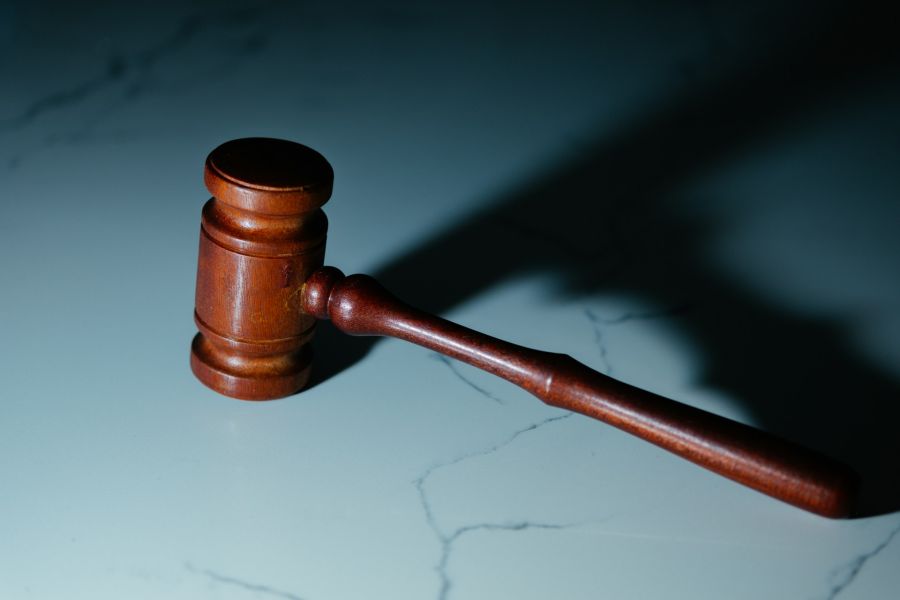The temptation to use fake identification has become more widespread, particularly among young people. Whether it’s for purchasing alcohol, entering clubs, or even evading certain legal obligations, many view fake IDs as a harmless shortcut. What may seem like a minor offense can lead to serious legal, personal, and professional consequences.
Beyond the immediate risk of getting caught, there are deeper implications—criminal records, loss of credibility, and long-term damage to one’s future opportunities. In this post, we’ll explore the true consequences of using fake identification, why it’s more serious than most people realize, and what steps individuals can take to avoid falling into this risky behavior.

Legal Ramifications of Using Fake IDs
Using a fake ID can lead to serious legal trouble, far beyond what many young people anticipate. Charges can range from misdemeanors to felonies, depending on how the ID is used and the local laws involved. In some states, even attempting to use a fake ID can result in criminal charges. If caught, individuals may face fines, community service, probation, or even jail time. Consulting with a Possession of a Fake ID lawyer can be crucial for understanding one’s rights and possible defenses, especially since a conviction can leave a permanent mark on one’s criminal record and affect future opportunities.
Educational and Career Setbacks
Students and young professionals often underestimate the impact a fake ID charge can have on their academic and professional lives. Many universities have strict codes of conduct, and being caught with a fake ID could lead to disciplinary action such as suspension, expulsion, or denial of campus privileges. This disrupts education, affects financial aid eligibility and future enrollment opportunities. Job seekers with a criminal record related to fake identification may find it difficult to pass background checks, limiting their employment prospects in industries like law enforcement, finance, and healthcare. Employers are increasingly vigilant about ethical behavior and may view the use of a fake ID as a serious breach of trust.
Loss of Personal Credibility and Relationships
Trust is foundational in both personal and professional relationships, and getting caught using a fake ID can severely damage one’s reputation. Friends, family, and colleagues may begin to question your integrity, especially if the deception was used to gain access to restricted areas or manipulate situations. The sense of betrayal that can stem from such actions may strain relationships or end them altogether. Once someone’s honesty is compromised, it can be difficult to regain respect and credibility. This erosion of trust can have long-term social consequences, making it harder to build meaningful connections and networks in the future.
Increased Risk of Identity Theft
While some individuals purchase fake IDs through unverified sources online or on the street, they often unknowingly expose themselves to identity theft in the process. Many of these fake ID operations are run by cybercriminals who collect personal information, including names, addresses, and even Social Security numbers. By providing this sensitive data to untrusted parties, users put themselves at risk of financial fraud and identity scams. The irony is that in trying to assume a false identity, individuals may end up having their real one stolen, resulting in credit issues, bank account fraud, and years of trying to repair the damage.
How Peer Pressure and Social Expectations Play a Role
Peer pressure is one of the strongest motivators behind the use of fake identification. In high school and college environments, there is often an unspoken expectation to participate in age-restricted social events or buy alcohol before reaching the legal age. Friends may encourage or normalize the idea of using a fake ID as a rite of passage or a harmless prank. Giving in to these pressures can lead to impulsive decisions with lasting consequences. It’s essential to understand that while fitting in may feel important at the moment, making ethical and legal choices demonstrates strength and maturity that will be respected in the long run.
Safer and Smarter Alternatives to Using Fake IDs
Instead of risking everything for temporary gain, young people should seek out legal alternatives and activities that don’t require bending the rules. Many venues now offer alcohol-free nights or events specifically for underage individuals, providing a safe and inclusive environment for socializing. For those looking to be part of the nightlife or entertainment scene, volunteering or working at events is a way to stay involved without violating any laws. Educators and parents also play a key role in prevention—by fostering open dialogue, encouraging responsibility, and providing access to information, they can help young people make informed and lawful choices. It’s also wise to remember that age restrictions exist to protect individuals, not just limit their freedom.

Using a fake ID might seem like a small risk for a big reward, but the reality is far more serious. From legal charges to personal setbacks, the consequences can impact every aspect of a person’s life—education, career, finances, and relationships. Fortunately, by understanding the risks and choosing lawful alternatives, individuals can avoid the pitfalls associated with fake identification. Making smart choices today paves the way for a future built on trust, opportunity, and integrity.

Founder Dinis Guarda
IntelligentHQ Your New Business Network.
IntelligentHQ is a Business network and an expert source for finance, capital markets and intelligence for thousands of global business professionals, startups, and companies.
We exist at the point of intersection between technology, social media, finance and innovation.
IntelligentHQ leverages innovation and scale of social digital technology, analytics, news, and distribution to create an unparalleled, full digital medium and social business networks spectrum.
IntelligentHQ is working hard, to become a trusted, and indispensable source of business news and analytics, within financial services and its associated supply chains and ecosystems










